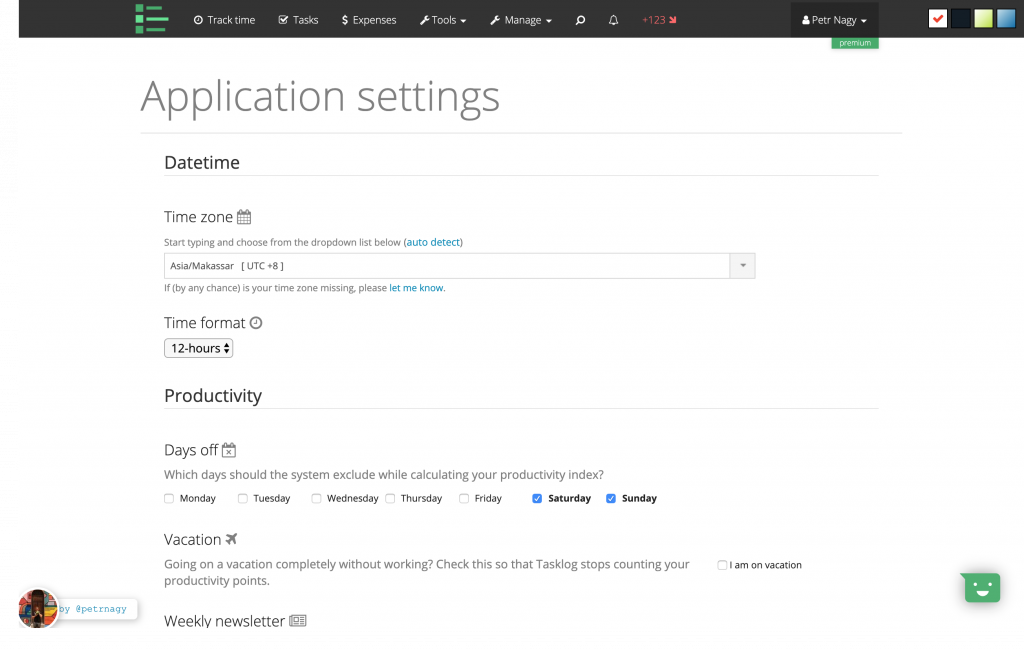
If the timestamp of an incoming message is, the timezone associated with the message will be +01:00, but the timestamp will be converted, because meant winter time when daylight saving is not active but the current timezone is +02:00. When daylight-saving is inactive (wintertime) the timezone offset is +01:00. When daylight-saving is active (summertime), the offset is +02:00. For example, the current time is (March 11, 2011) in the EU/Budapest timezone. When processing a message that does not contain timezone information, the syslog-ng OSE application will use the timezone and daylight-saving that was effective when the timestamp was generated. It is not possible to override only the timezone information of the incoming message, but setting the keep-timestamp() option to no allows syslog-ng OSE to replace the full timestamp (timezone included) with the time the message was received. Each source defaults to the value of the recv-time-zone()global option. This timezone will be associated with the messages only if no timezone is specified within the message itself. Specify the time-zone() parameter for the source driver that reads the message.

Otherwise, the local timezone is assumed.

If the incoming message includes a timezone it is associated with the message. The sender application (for example the syslog-ng client) or host specifies the timezone of the messages.

When syslog-ng OSE receives a message, it assigns timezone information to the message using the following algorithm. The concepts of syslog-ng > Timezones and daylight saving > How syslog-ng OSE assigns timezone to the message


 0 kommentar(er)
0 kommentar(er)
